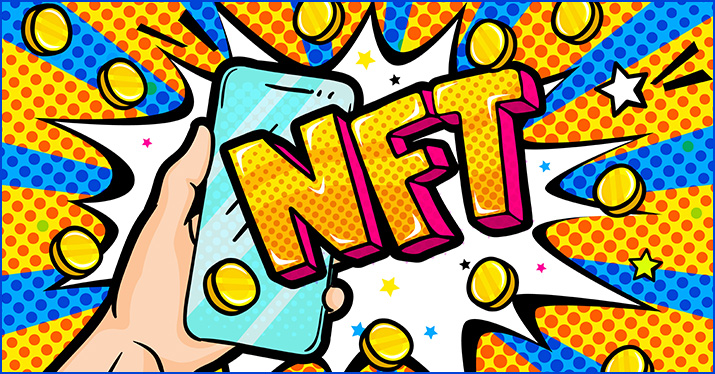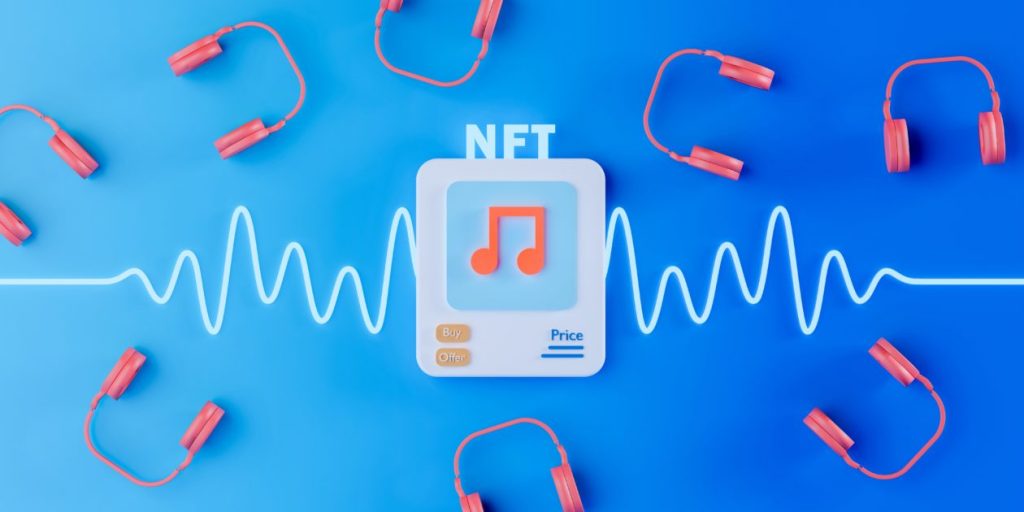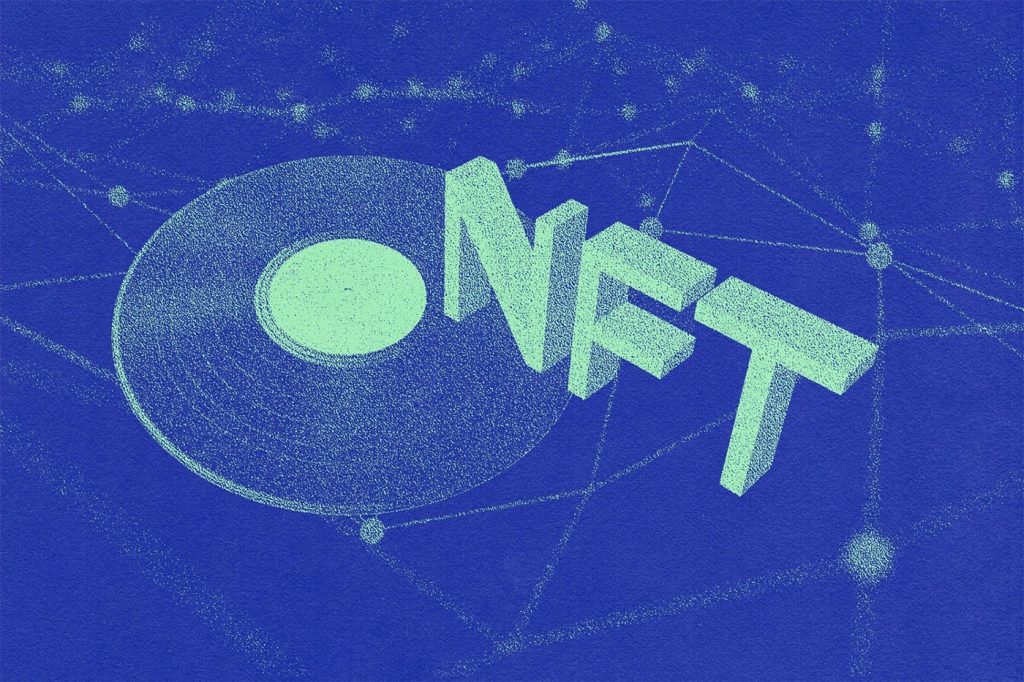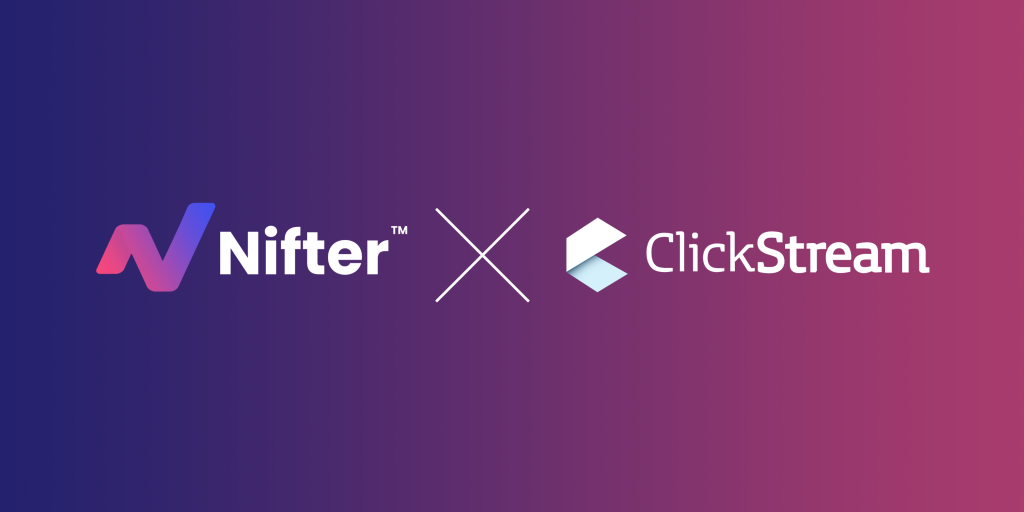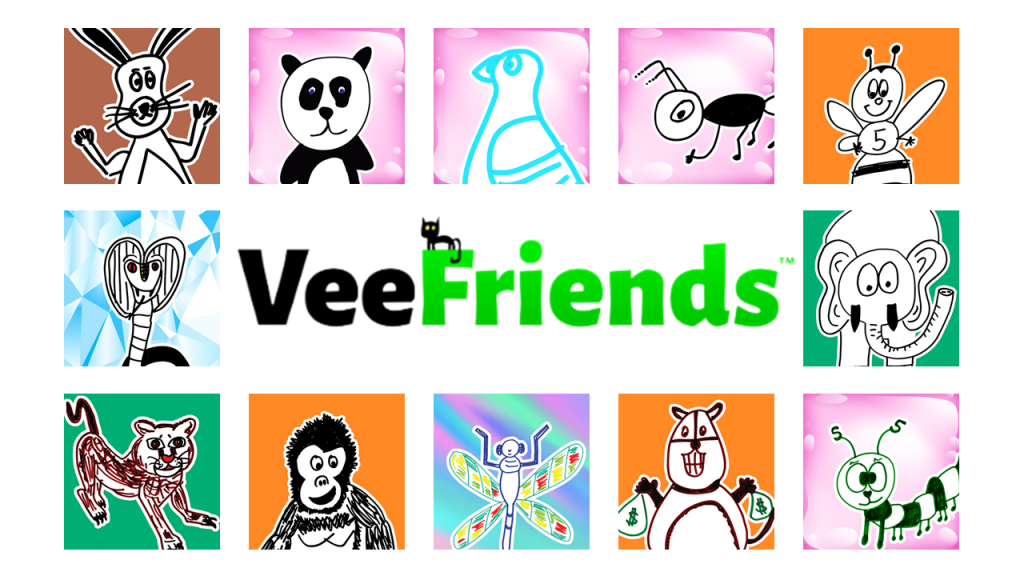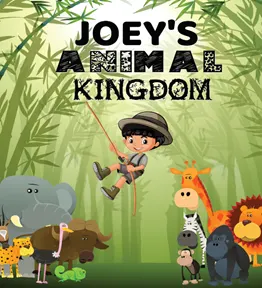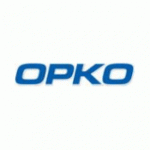The Inevitability of WEB3 and NFTs
Change is inevitable, as they say, and growth is optional. This is especially true when it comes to the communication, commerce, and the internet. For decades, the only ways to talk to each other were to have face-to-face conversations, pick up the phone, or to write a letter; until mail order came along, the only means to buy something was to go to a store with cash, checks, or credit cards. The internet changed all that when it created a whole new way of communicating and buying things: we can now videochat with people around the world and pay for goods and services with virtual money.
The official birth of the internet was on January 1, 1983, when the U.S. Defense Department and Advanced Research Projects Agency Network (ARPANET) officially adopted Transfer Control Protocol/Internetwork Protocol (TCP/IP), a new communications protocol that allowed computer networks to talk to each other. In the nearly 40 years since, the internet is still changing and growing – and it is completely revolutionizing how we interact and buy things. Even Starbuck’s is brewing up a new way of interacting with consumers and rewarding their most loyal customers.

One of the best changes to the internet – and life in general – is the introduction of NFTs (non-fungible tokens). NFTs are digital assets, such as drawings or music, that you can create, buy, and sell. So far, NFTs have been especially valuable to artists, in that can help creators monetize their work in new ways. Musicians can sell NFTs of their songs or live events directly to their fans and keep more of the profits, for example, and reward fan loyalty. For digital artists, NFTs function as a certificate of authenticity that names the rightful owner of their art.
The real value of NFTs will likely emerge on the metaverse, which is an online space that uses augmented reality (AR), virtual reality (VR), and blockchain to create a simulated digital environment. These technologies will likely experience explosive and mind-blowing changes on the newest evolution of the internet – Web3.
The Inevitability of Web3
Web3 is the third iteration of the internet. Web1 (Web 1.0) was the first stage of the World Wide Web, featuring static information generated by a handful of content creators for a large group of passive readers. Originating with the Defense Advanced Research Projects Agency (DARPA), Web1 is also known as the “read only web.”
Web2 (Web 2.0) offered an interactive experience that allowed users to upload their own content. Web2 is the “participative social Web” in which users logged into centralized platforms, such as Facebook and Twitter, to interact with others and upload their own content.
Unlike Web1 and Web2, which were built on centralized servers owned by individuals or corporations, Web3 is a decentralized internet built on blockchain and decentralized autonomous organizations (DAO). The idea of Web3 is to create a more democratized internet in which the users themselves own the servers, systems, and networks that run applications and store data, and make decisions on the rules and regulations that govern the internet – at least in theory.
Web3 (Web 3.0) is the open and immersive internet of tomorrow that lets users interact, exchange information, and conduct financial transactions on decentralized platforms. Built on the blockchain, Web3 applications offer decentralized products and NFTs, and fundamentally changes how users connect, interact, work and play within a transparent ecosystem.
While Web3 is not entirely in place yet, many businesses and organizations are already testing the waters. French video game studio Ubisoft has recently adopted blockchain technology and some Web3 capabilities, for example, although the firm is still researching the potential benefits of Web3 and NFTs to its players. Others are steeping themselves into the new economy of Web3.
Starbucks Serves Up Trenta-sized Changes
Starbucks is among the first companies to integrate NFTs with an industry-leading loyalty program with its new Starbucks Odyssey. Powered by Web3 technology and slated for launch later this year, the new digital community will allow Starbucks Reward members and Starbuck employees (partners) in the United States to earn and buy digital assets that unlock access to new benefits, including immersive coffee experiences.

Starbucks opened its wait list on September 12, 2022, to partners and customers who hope to be the first to gain access to the Starbucks Odyssey experience. Once logged in, participants can engage in Starbucks Odyssey “journeys,” which are a series of activities that include interactive games and challenges that deepen the members’ knowledge of Starbucks and coffee in general.
Members who complete journeys are rewarded with a digital collectable ‘journey stamp’ (NFT). Members may also purchase limited edition stamps, also NFTs, with a credit card – no cryptocurrency or crypto wallet required. Each stamp will have a point value based on its rarity. Members can buy or sell stamps in the marketplace, with their ownership recorded on a blockchain. Collecting stamps increases members’ points, which unlocks access to exciting new benefits and experiences that could include virtual espressos, unique merchandise, martini-making classes, artist collaborations, and invitations to exclusive events at Starbucks Reserve Roasteries. Members may even use points to take a trip to the Starbucks coffee farm in Costa Rica, Starbucks Hacienda Alsacia.
It’s hard to predict exactly what the future holds for Starbucks, Web3, and NFTs, but change is inevitable and it will be as big and hot as a trenta Starbucks latte.
ABOUT FRANK MAGLIOCHETTI
Frank Magliochetti owes his professional success to his expertise in two areas: medicine and finance. After obtaining a BS in pharmacy from Northeastern University, he stayed on to enroll in the Masters of Toxicology program. He later specialized in corporate finance, receiving an MBA from The Sawyer School of Business at Suffolk University. His educational background includes completion of the Advanced Management Program at Harvard Business School and the General Management Program at Stanford Business School. Frank Magliochetti has held senior positions at Baxter International, Kontron Instruments, Haemonetics Corporation, and Sandoz. Since 2000, he has been a managing partner at Parcae Capital, where he focuses on financial restructuring and interim management services for companies in the healthcare, media, and alternative energy industries. Last year, he was appointed chairman of the board at Grace Health Technology, a company providing an enterprise solution for the laboratory environment.

Frank is the CEO of ClickStream, ClickStream’s business operations are focused on the development and implementation of apps that disrupt such as WinQuik™, a free to play synchronized mobile app and digital gaming platform. The platform is designed to enable WinQuik™ users to have fun, interact and compete against each other in order to win real money and prizes. Twitter at @ClickstreamC @WinQuikApp, Nifter™, a music NFT marketplace that allows recording artists to create and sell limited edition authenticated NFTs, and their ever expanding foreign language exchange social learning app @HeyPalApp. ClickStream is also entering the E-Learning market with Joey’s Animal Kingdom- please visit them online at wowee.world
Frank was appointed Chairman and Chief Executive Officer at Designer Genomics International, Inc. The Company has accumulated a growing body of evidence that highlights a link between alterations in the immune and inflammatory systems and the development of chronic human disease. The Company is visionary and has established itself as a leader in the field of inflammatory and immune genetic DNA and RNA biomarkers that play a causative role in debilitating conditions, such as atherosclerosis/heart disease, diabetes, arthritis, inflammatory bowel disease, post-traumatic stress disorders (PTSD) and cancer.
A proprietary state-of-the art data mining bioinformatics program, called ‘cluster analysis’ will be used to measure disease development susceptibility with potential for earlier diagnosis and intervention. The company is developing a healthcare program based on its proprietary genetic panels that will allow people to be their own healthcare advocate and take an active role in their health status as well as longevity.
Frank is a highly sought after multifaceted senior C level executive.

Managing Partner
Parcae Capital
www.parcaecapitalcorp.com
www.frankmagliochetti.com
